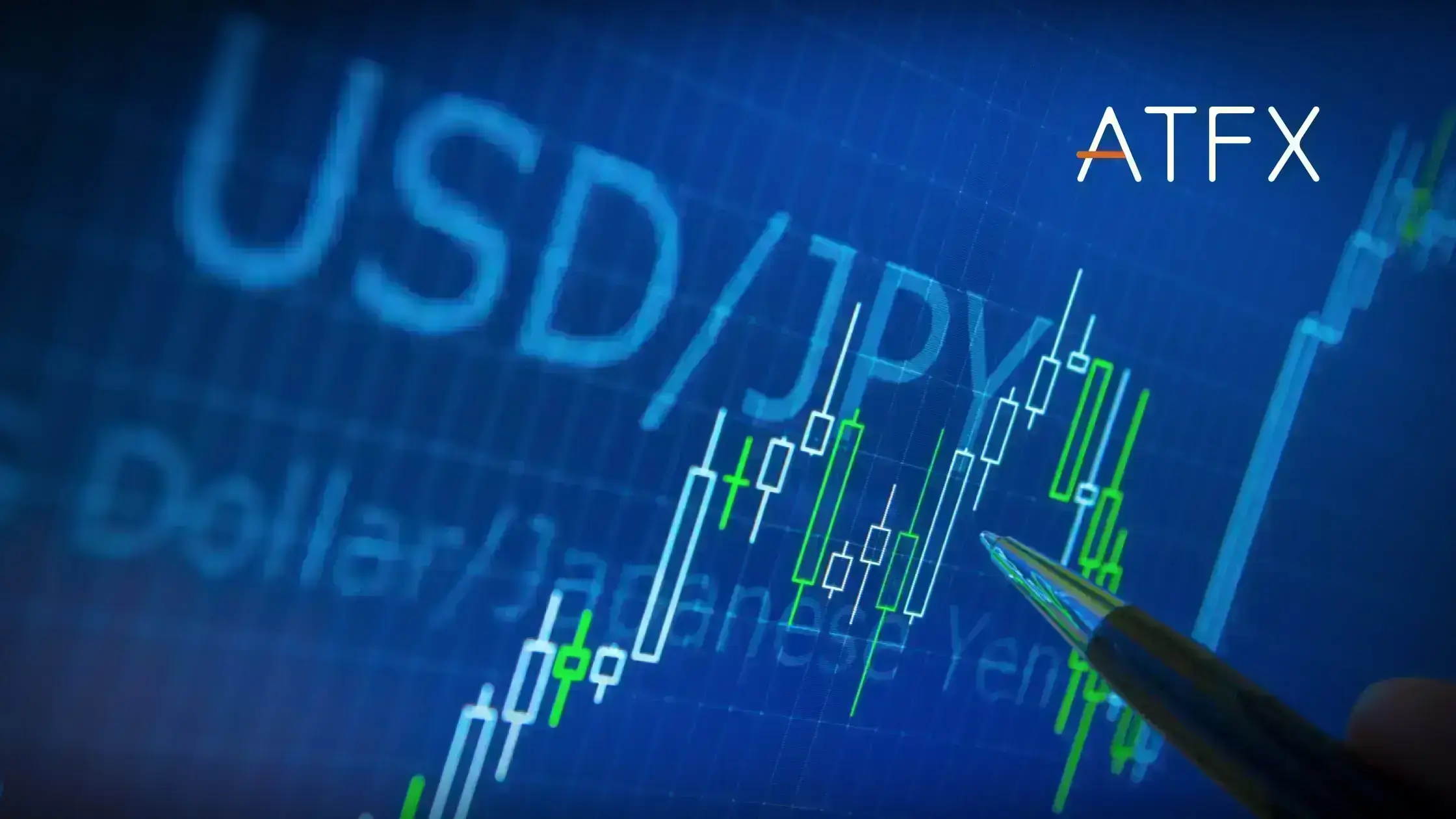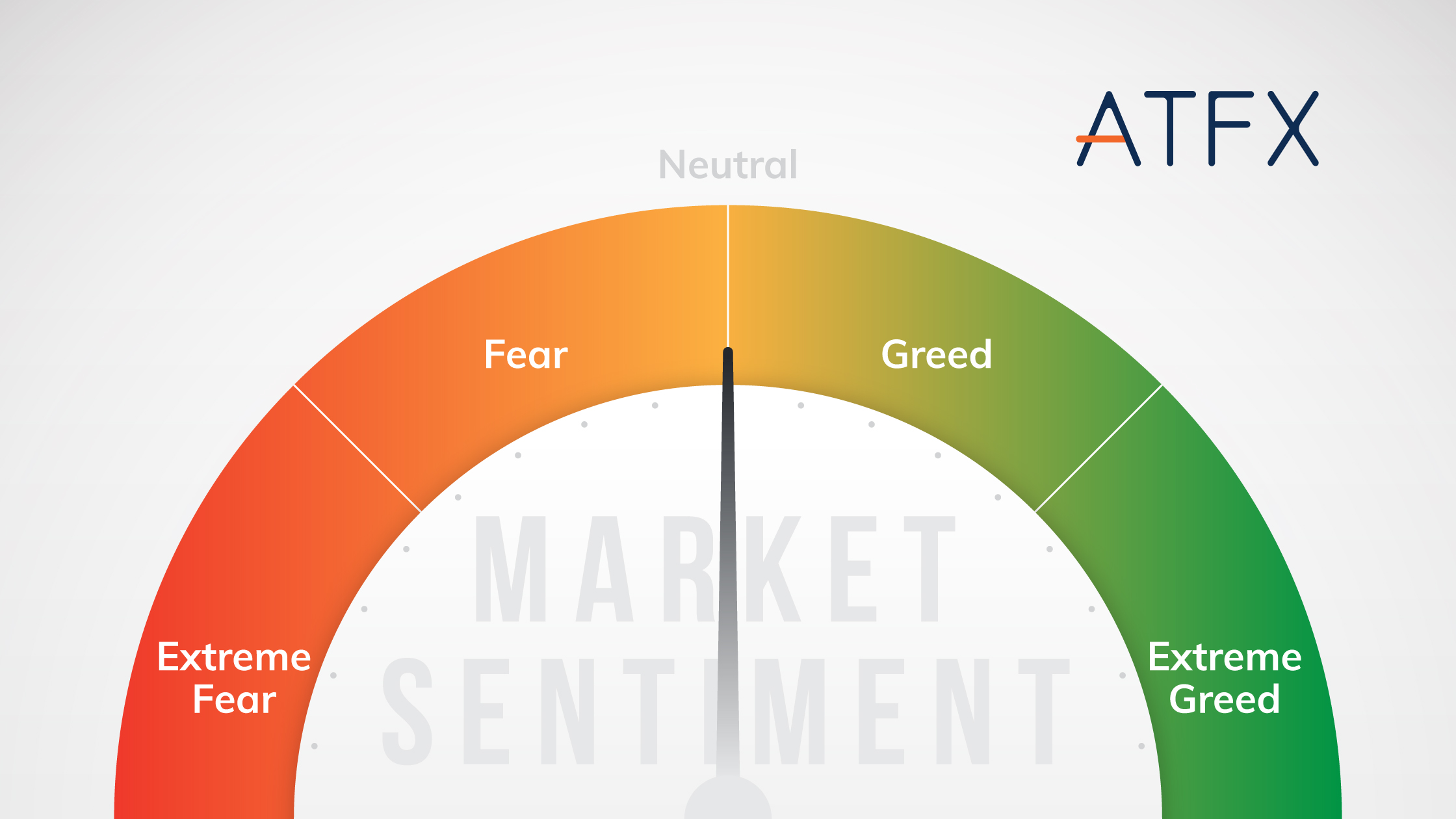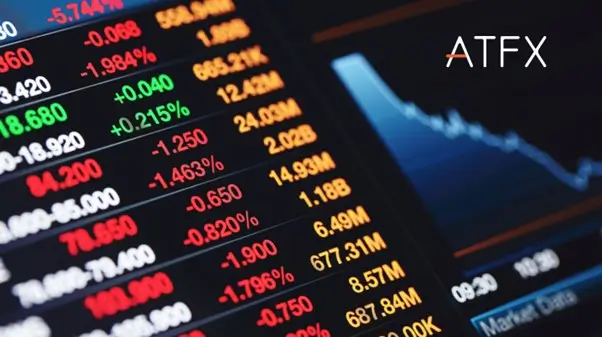Derivatives are the financial products that day traders use to conduct their operations. But before we look at the pros and cons of each derivative, we explore what day trading is and why so many take it up.
What is day trading?
Day traders are people that trade financial assets, cryptocurrencies, or commodities to try to profit on daily price changes.
What makes day traders unique, and hence their name is that they usually open and close their positions within the same day. The rationale behind this strategy is that the markets are impulsive: the Dow Jones might be up by 1.5% on Monday, just to give up the return by Wednesday. On Thursday, the Dow stages a comeback of 2% just to drop back to its starting price by Friday.
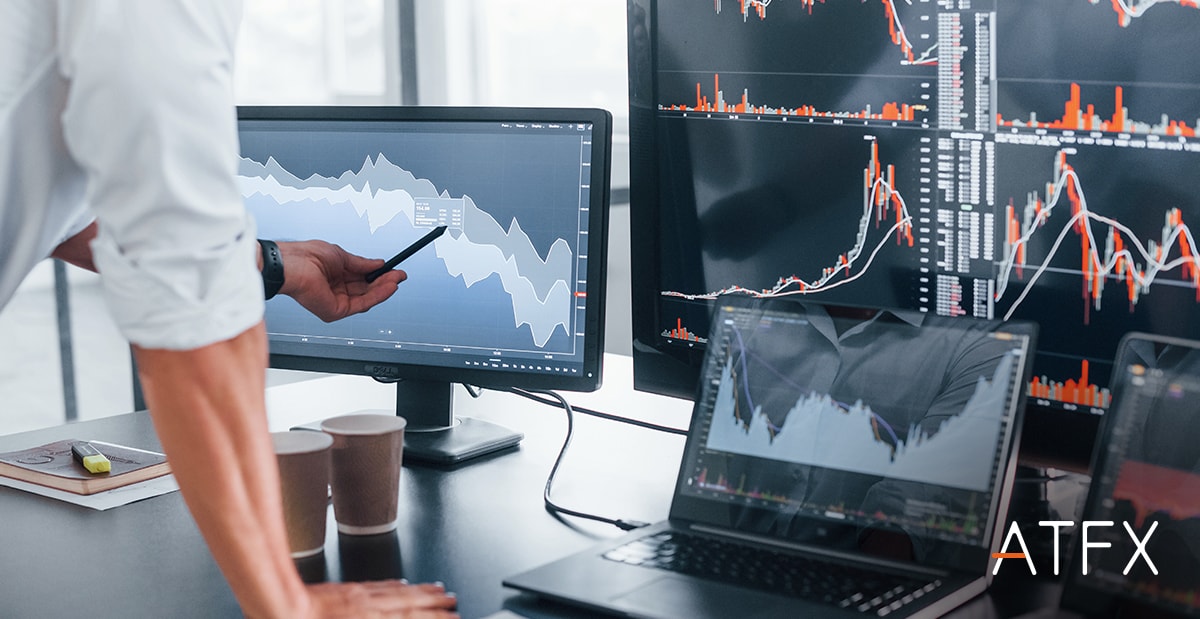
A swing trader, a trader that holds positions for days or weeks, that bought on Monday would not have made any profit this week, whilst the day trader probably made a profit by being long and short the same asset during the week.
Day traders also don’t want to be surprised by overnight news. It is typical, especially over weekends, that we have political statements or even military acts, like tests of new ballistic missiles that could cause markets to gyrate strongly. Long-term holders need to live through those wild swings whilst the day traders will not be exposed as they close their positions by the end of the day.
You might say that trying to make a profit on a fraction of a move, like half of 1%, that the day traders attempt to capture, is too low to make an impact on your earnings. But day traders have access to leverage, and this means that even a 0.5% price change on the Dow Jones could be magnified by up to 30 times for the day trader. The multiplier depends on the risk appetite of the day trader and the leverage offered by the broker.
Day trading is better than the alternatives such as swing and position trading, as you have more opportunities to trade. With more trading options, you have more chances to make a profit. However, day trading is also the most challenging type of trading because you will experience winners and losing trades within the same day, causing you to feel a range of emotions that makes it harder to stay objective. Also, the markets are more random in the short term. Together, these two factors mean that it takes longer to master day trading over swing and position trade, or the old classic, buy and hold. Yet if you are up for the challenge, keep reading to explore more about your options and trading strategies.
What markets do day traders prefer?
Day traders will usually trade the most liquid financial instruments from the world of currencies (Forex), stock indices, commodities, and cryptos. The key to success is that the asset you trade needs to experience daily price changes, be cheap to trade, and offer trading on margin.
You might think that stocks are popular to day trade. But just a few stocks move consistently daily, and they are expensive to trade, making it even more, harder to extract a return. Instead, stocks are suitable for swing and position traders.

Day traders stick to the most liquid financial products because the cost of trading them is low, which is vital as the day trader tries to make a small fraction of the daily range. Say that you would like to trade the EURUSD currency pair that moves 0.8% daily. You open a position of 100,000 Euros, and gain half of the daily range for a profit of $400. To transact this order with a broker like ATFX means that you will pay about 7 dollars in fees. You will not find the same deal in less liquid markets, and these markets like stocks tend also to demand a commission to trade in addition to the spread.
Also, the most liquid markets tend to be open 24/5 and will experience consistent trends throughout the day.
Why does liquidity impact your trading costs?
Imagine that you and nine other people visit a fresh fish market searching for lobsters. Usually, at least ten different sellers are trying to gain your business. But today, there are just two as the rest have sold out their inventory. The last two shops will now be able to increase their price as they wish as there are not enough lobsters to meet the demand. In less liquid markets the situation is similar to our fish market example.
If you look at the most liquid markets like the currency markets, hundreds of thousands of individuals, companies, hedge funds, mutual funds, banks, and central banks are ready to trade every business day and hour of the day. That makes the competition strong on the market, and it’s very cheap for individuals to trade currencies.
The high liquidity means that an individual trader trading with a broker like ATFX will only pay the spread, the difference between the buy and sell price when trading Forex, stock indices, commodities, and cryptocurrencies. The low costs mean traders will often trade several times per day, as the costs are so low. FX trades will as example trade 3 times a day.
What derivative is best suited for day trading?
Day traders will use derivatives to trade. Firstly, as the costs are lower, and as they provide access to leverage, which allows traders to amplify their gains and losses. But what is a derivative?
A financial derivative is a product based on something like an index, such as the Dow Jones 30. You could buy the 30 shares that make up the Dow Jones index, or you could buy Dow futures, which is a product that changes in price when the 30 shares that makes up the index change in price.
So instead of buying 30 shares and paying spreads and commission on each transaction, you can buy one Dow Jones future and only pay spread and commission once, and lower your costs over buying all the 30 shares yourself.
Another example of a derivative is crude oil futures. This product allows you to speculate on the price change of crude oil without actually holding barrels of oil in storage or in your home if you live in a country that allows that.
There are also derivatives of derivatives like CFDs or options.
What are Futures?

Futures contracts are contracts that closely follow an underlying index like the S&P 500, Dow Jones 30, Crude oil price, orange juice, and coffee beans etc.
The most popular exchanges are the Chicago Mercantile Exchange (CME), Chicago Board of Trade (CBOT), New York Mercantile Exchange (NYMEX) and Eurex. On these exchanges, you will find the most popularly traded futures. You can usually access these markets with specialist brokers, and the initial investment is at least 10,000 USD. The reason for the high initial investment is that just to open an e-mini S&P 500 futures contract you will need $5060 as initial margin. Also, for the smallest price change in the future, you will either make or lose $50. The high entry barriers mean that it is mostly money managers with assets of at least $100,000 that trade directly on the futures markets.
What are CFDs?
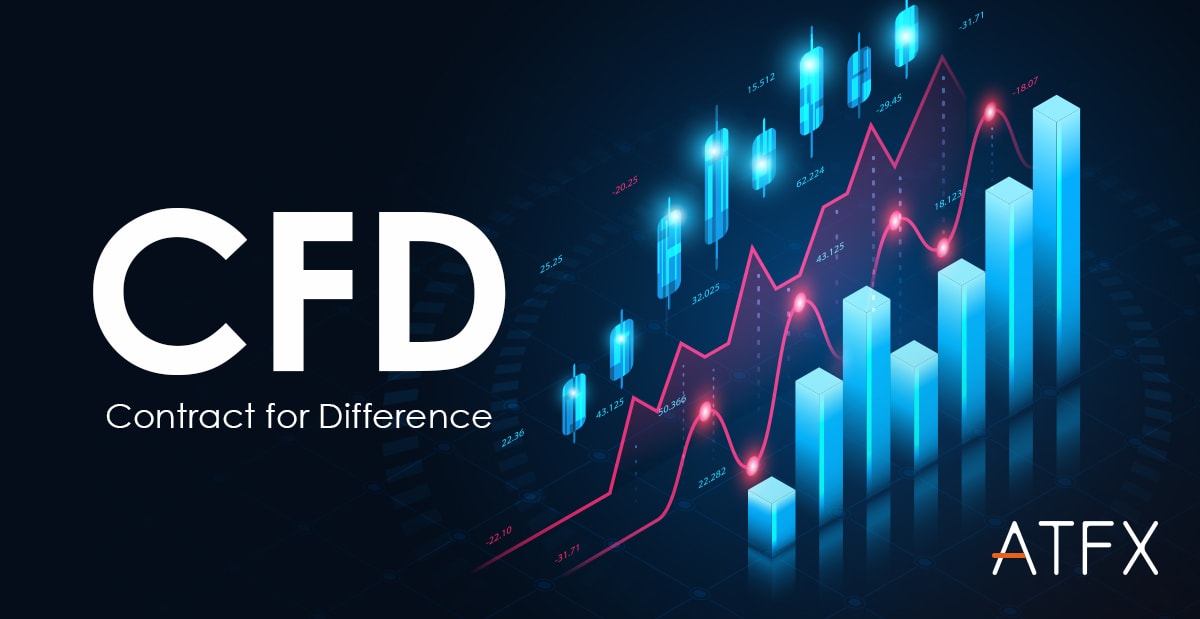
CFDs stand for “Contract for Differences” and were made popular in London, and Europe. It is now the standard way of gaining access to the world financial markets.
A CFD is a financial product that follows popular futures. So instead of depositing $10,000 to buy the S&P500 e-mini contract on the futures exchange, you could buy the “SPX500” via ATFX.
If the S&P 500 future gains in value on the exchange then the “SPX500” of ATFX will also be higher and vice versa. The main difference is that the minimum margin requirement to open an SPX500 position with ATFX is just 22 dollars, whilst opening the e-mini is roughly 230 times bigger at $5060 if you open the same position on the futures exchanges. Also, costs are usually lower with a CFD broker.
So how can a broker like ATFX offer access to the same market but with lower entry barriers? Because, ATFX will combine many thousands of private investors that individually trade the SPX500, each might trade with a small amount but together they are large and ATFX can then send their client’s orders to the exchange or to their liquidity partners.
One negative with CFDs is that you are having your broker as your counterpart, but also the creator of the instrument. So there could be minimal differences between the “SPX500” of your favourite CFD broker and the S&P 500 futures. But the difference will be minimal, if not the users for the CFD would switch to a broker that offers a true “S&P 500” CFD. Also, with regulated brokers like ATFX, the government is ready to punish a broker that is taking advantage of their clients.
Options
Options are bets on a financial product. One can compare it with an insurance policy. Say that you have health insurance that will pay you a lump sum if you get ill. To gain access to this protection, you need to pay a fixed fee. The less likely it is that you will need help, in other words, you are younger, the lower the fee will be. Whilst the older you become, the more likely you will need some medical issue; hence, your fee will be higher.
If we take this to the financial markets, then an option on the S&P 500 could be that the S&P 500 future needs be above a certain level at a certain date for you to make a return, or below a certain level at or before a specific date if you are paying for protection against loss.
The same product has been rolled out to many different markets like Forex (currencies), stock indices, and commodities etc.
Mainly professional investors trade traditional options, but because the investors need to be right about the price direction and the timing, most options traded are for swing traders and not day traders. Also, options fees are generally expensive, so even if you are right about the markets, you will likely struggle to make enough to cover your losing trades, making it a poor choice if you would like to day trade.
For a while, it was popular for retail traders to trade options on daily or weekly price changes. These types of options are called “Binary options” but were banned in Europe as most investors lost money. In some regions, they are still available.
Forex (currency trading)
Forex is on its own, not a future or derivative and comes with the ability to trade on margin. But very few can open a trading account with the big banks to gain access to the lowest costs and best trading execution, so traders will instead trade forex via a CFD broker like ATFX. That way, ATFX can aggregate their clients’ orders, and the client can reap the benefits without needing to have large sums of money with one of the big banks.
What derivative is best for day trading?
The best derivative for the retail trader and even for most money managers with assets less than $250,000 is a CFD account. The costs are extremely low and you will have access to leverage. Most brokers will also offer a sophisticated platform to help you manage your orders and trading risk. With the CFD account, you will be able to trade pretty much all futures markets, so you don’t need an account with a specialist futures broker. The CFD broker will also offer you Forex pairs and cryptocurrencies.
Download Metatrader 4 account or set up a demo trading account to start trading now!
